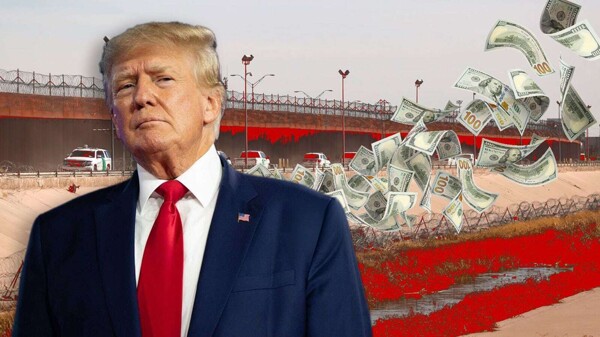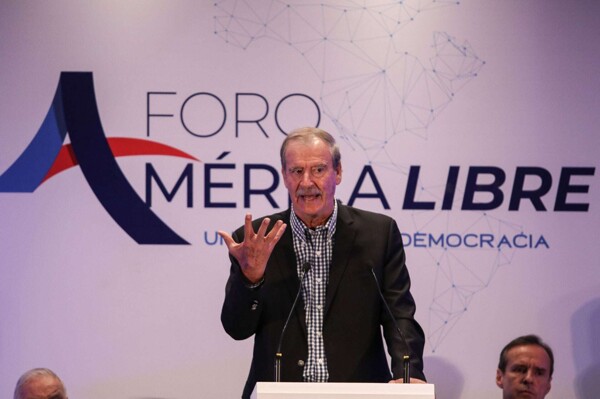President Trump has made the decision to attack Mexican drug cartels, designated as terrorist organizations by North American agencies. This move aims to send a message of strength and power, demonstrating logistical and military capability and decisiveness. Various actions, such as mapping flights, establishing an aircraft carrier near the Mexican coast, among others, are preparations for future operations.
According to critical voices, this measure seeks not only to please Trump’s supporters and strengthen his media image but also to weaken the Mexican government. In light of a special operation against drug traffickers on Mexican territory, Claudia Sheinbaum’s administration faces a complicated situation, which could exacerbate internal conflicts within the cartels over leadership succession.
Omar García Harfuch presents himself as a key figure in communication with security sectors in the United States, seeking to establish channels and effective collaborations for future joint operations. While the Mexican government and its forces plan and execute, it is expected that U.S. intelligence and satellite support will complement this work.
The key for Trump is to achieve internal political gains, showcasing spectacular victories in areas such as immigration, economic issues, and security. Despite the spectacle of proposed operations against Mexican cartels, the need for negotiation and dialogue becomes urgent to avoid greater conflicts.
In this scenario, it is expected that Trump will intensify his efforts to demonstrate his leadership in the fight against crime while seeking to "soften" Mexico in trade negotiations. Doubts arise about the effectiveness of attacks on cartel leaders, and negative economic repercussions that could affect American consumers are anticipated.
Given the imminent need for cooperation and dialogue, Mexico finds itself in a position to seek agreements and joint participation to avoid greater conflicts and protect its interests at the international negotiation table.














